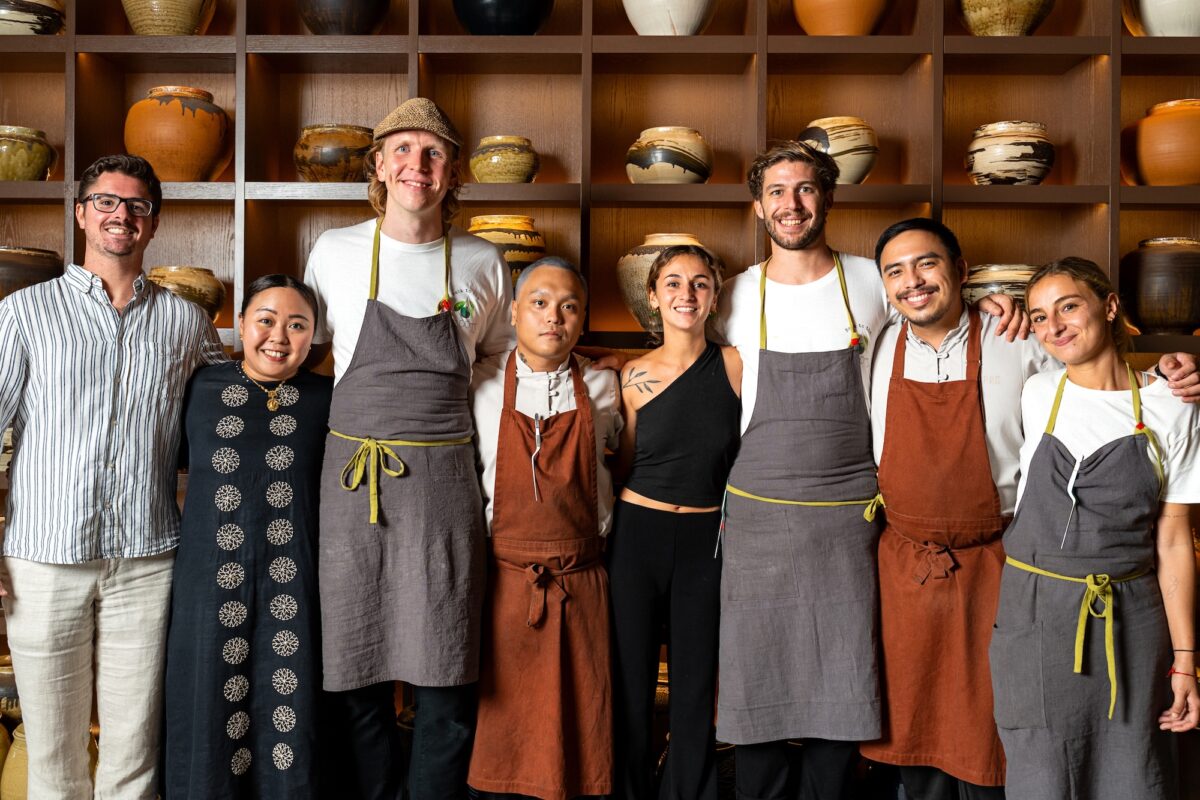MANILA, Philippines–The Aliwan Fiesta is a major cultural event that the public looks forward to every summer. It started 12 years ago when the Manila Broadcasting Company (MBC) mounted it to emphasize the rich cultural diversity of the nation.
Today, in partnership with the Cultural Center of the Philippines and the city governments of Manila and Pasay, MBC continues to organize Aliwan Fiesta, with over 5,000 performers and craftsmen participating.
Bringing together the major town festivals from all over the Philippines in a single venue, Aliwan Fiesta has become a battleground for street-dance choreography.
The energy, discipline and synchronization exhibited by the performers constantly amaze the judging panel as well as the multitudes lined up thoughout the stretch of Roxas Boulevard, between Quirino Grandstand and the CCP Complex.
The costumes and props utilizing indigenous materials exemplify the spirit of innovation that marks Filipino design.
Despite words of caution from purists who view street dancing as being detrimental to the preservation of traditional culture, Aliwan Fiesta has become a powerful medium of contemporary creative expression.
Most of the dances are based on folkloric rituals handed down from generation to generation, but given modern interpretations by local choreographers.
Street dancing is part of the fiesta, which is an economic barometer. During fiesta, airlines, shipping firms and hotels are fully booked; the souvenir trade is booming; and local productivity reaches an all-time high.
This year, Lumad Basakanon of Cebu, 2015 grand champion, will make its bid for a fifth win for the Sinulog over Panagbenga of Baguio City, Benguet; Sakuting of Dolores, Abra; Pamulinawen of Laoag, Ilocos Norte; Bato Art Festival of Luna, Isabela; Halamanan of Guiguinto, Bulacan; Desposorio of Malolos, Bulacan; Pandang-Gitab of Oriental Mindoro; Candle Festival of Candelaria, Quezon; Boling-Boling of Catanauan, Quezon; Mayaw-Mayaw of Pinabacdao, Samar; Manaragat of Catbalogan, Samar; Kalivungan of Cotabato; Shariff Kabunsuan Festival of Cotabato City; Sambuokan of Mati, Davao Oriental; Meguyaya of Upi, Maguindanao; and Sagayan of Datu Piang, Maguindanao.
The visually arresting celebration converges in Manila on April 25 for the finals. Pyrotechnics will cap off the Aliwan Fiesta.













































